In 2024, mental health apps have evolved to offer comprehensive support, from meditation and mindfulness to therapy and mood tracking. Here’s a look at the 10 best mental health apps of the year, along with their pros and cons to help you choose the right one for your needs.
1. Headspace
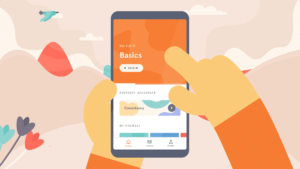
Pros:
- User-friendly interface with engaging content
- Offers a wide variety of guided meditations
- Effective sleep aids and mindfulness exercises
Cons:
- Some advanced features require a subscription
- Limited customization for experienced meditators
2. Calm
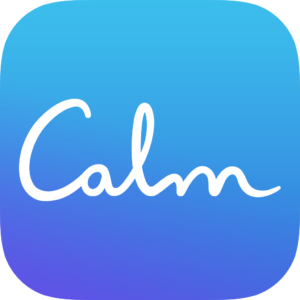
Pros:
- Extensive library of sleep stories and relaxing music
- Visually appealing and soothing design
- Masterclasses taught by mental health experts
Cons:
- Expensive subscription for full access
- Some users may find the content too general
3. BetterHelp
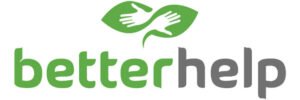
Pros:
- Access to licensed therapists from your phone
- Flexible communication options (text, audio, video)
- Personalized therapy sessions
Cons:
- High subscription costs
- Not covered by insurance
4. Moodfit
![]()
Pros:
- Comprehensive mood tracking and mental health tools
- Customizable goals and routines
- Educational content to improve mental wellness
Cons:
- Interface may feel overwhelming to new users
- Some features require a premium subscription
5. Sanvello
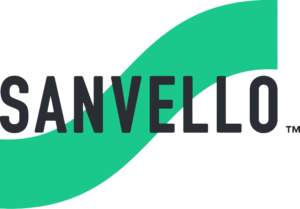
Pros:
- Combines self-care, therapy, and peer support
- Offers guided mental health journeys
- Community support forums
Cons:
- Requires a subscription for full access
- Therapy sessions may not be as personalized
6. Talkspace
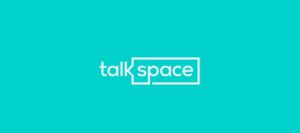
Pros:
- Licensed therapists available 24/7
- Various communication methods (text, voice, video)
- Flexible scheduling for therapy sessions
Cons:
- High costs, especially for video sessions
- Some users report inconsistent therapist quality
7. MindShift CBT
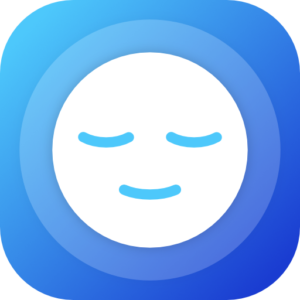
Pros:
- Focuses on CBT techniques to manage anxiety
- Offers practical exercises and goal tracking
- Free to use with no in-app purchases
Cons:
- Limited to anxiety and CBT-focused tools
- May lack depth for complex mental health issues
8. Happify
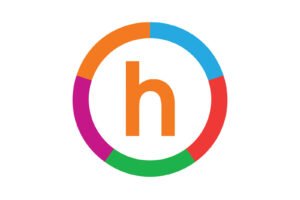
Pros:
- Fun, game-like approach to mental health
- Scientifically-backed activities and games
- Focuses on building positivity and resilience
Cons:
- Not suitable for severe mental health issues
- Free version has limited access to content
9. Wysa

Pros:
- AI-powered chatbot for instant support
- Offers mental health exercises and mood tracking
- Free to use with optional premium features
Cons:
- AI responses can sometimes feel generic
- Limited human interaction compared to therapy apps
10. Youper

Pros:
- AI-driven CBT therapy for quick interventions
- Mood tracking and journaling features
- Affordable compared to human therapy apps
Cons:
- AI-based therapy may not be suitable for all users
- Limited human therapist interaction
FAQs About the Best Apps for Mental Health
1. Should I use apps to help with mental health?
Mental health apps can be incredibly helpful for managing stress, anxiety, and other mental health issues. They offer convenience, accessibility, and a variety of tools to support your mental well-being. However, they are not a substitute for professional therapy, especially for severe mental health conditions. It’s important to use these apps as a supplement to professional care rather than a replacement.
2. What are the best free mental health apps?
- MindShift CBT: Offers free tools and exercises focused on cognitive behavioral therapy.
- Wysa: Free access to an AI chatbot with optional premium features for additional support.
- Moodfit: Offers a variety of free tools for mood tracking and mental health improvement.
These apps provide substantial free features that can be beneficial without requiring a subscription.
3. What mental health game apps will be the most effective?
- Happify: Uses games and activities to improve mood and mental well-being, backed by positive psychology.
- SuperBetter: A game-based app that helps users build resilience and achieve personal goals through gamified challenges.
Both apps make mental health improvement enjoyable by incorporating game-like elements, making them effective for those who prefer an interactive approach.
4. Are mental health apps effective?
Yes, mental health apps can be effective for managing mild to moderate mental health issues. They provide tools for mindfulness, stress management, and mood tracking, which can be beneficial when used consistently. However, their effectiveness varies from person to person, and they are best used as part of a broader mental health strategy that may include therapy, medication, and other professional interventions.











